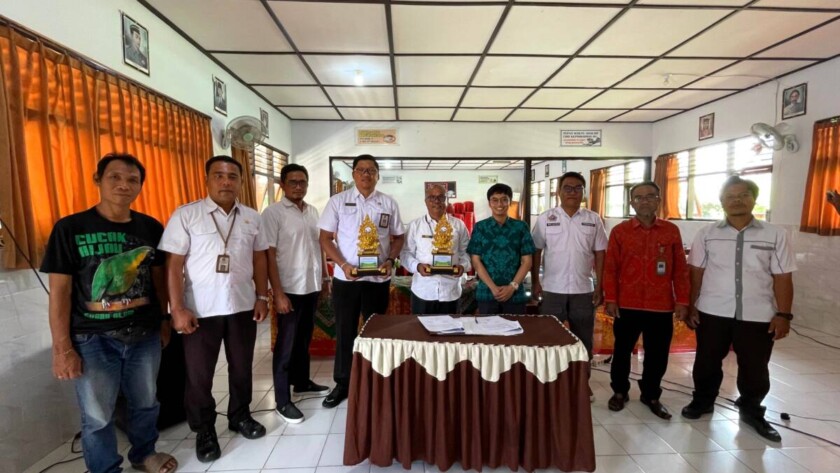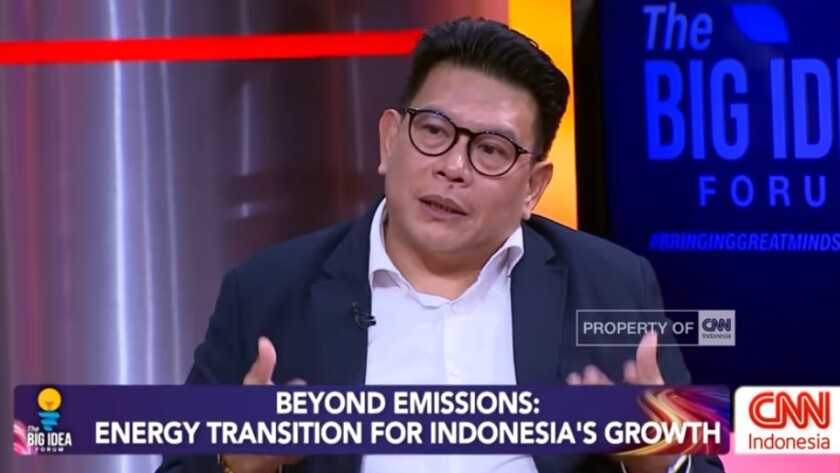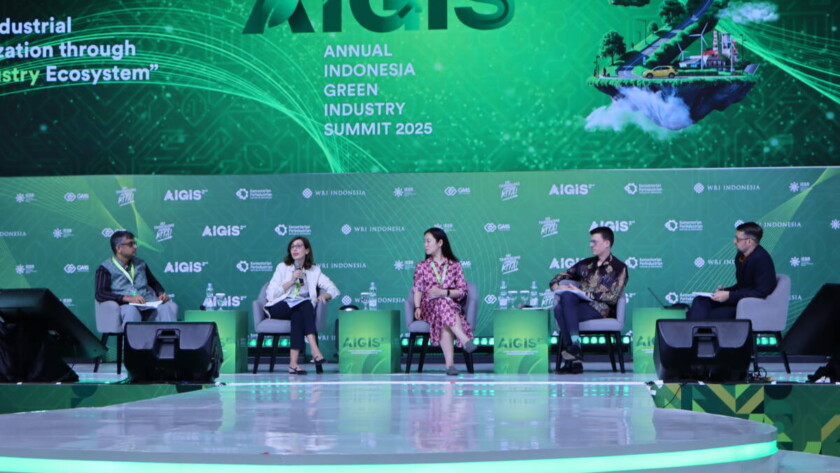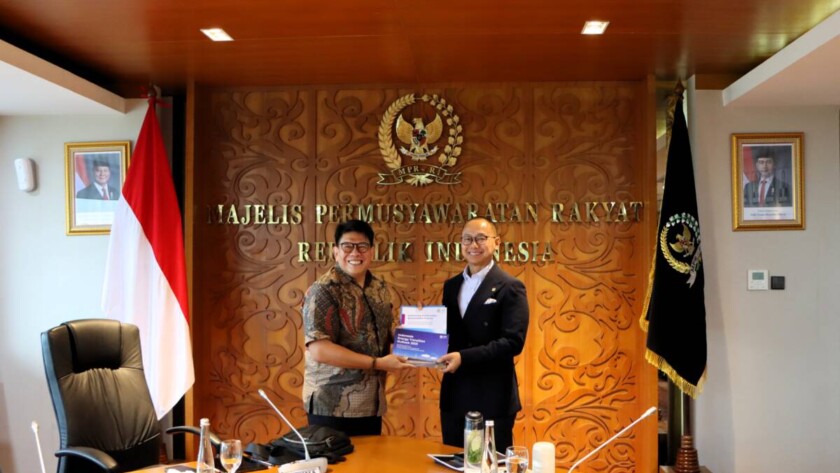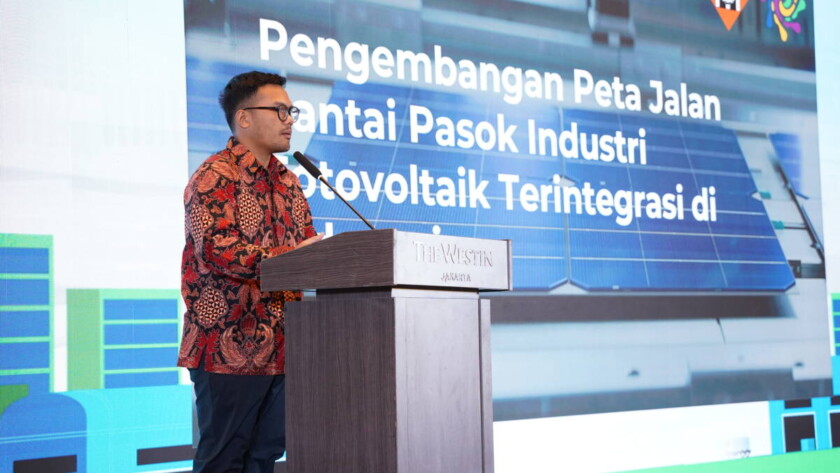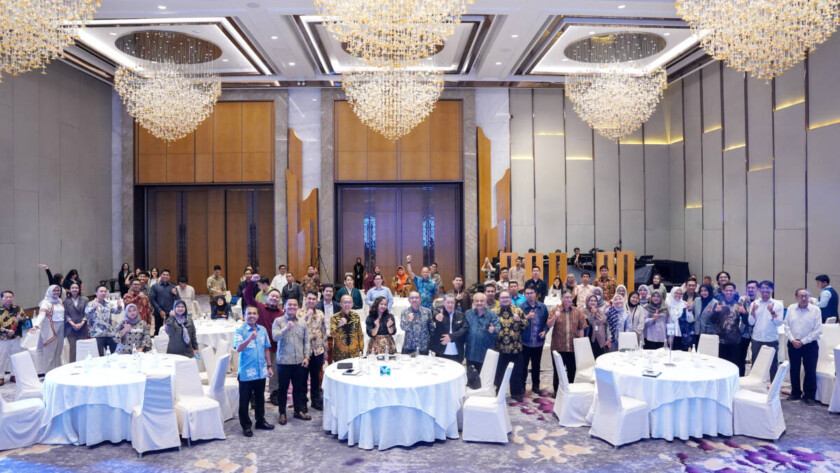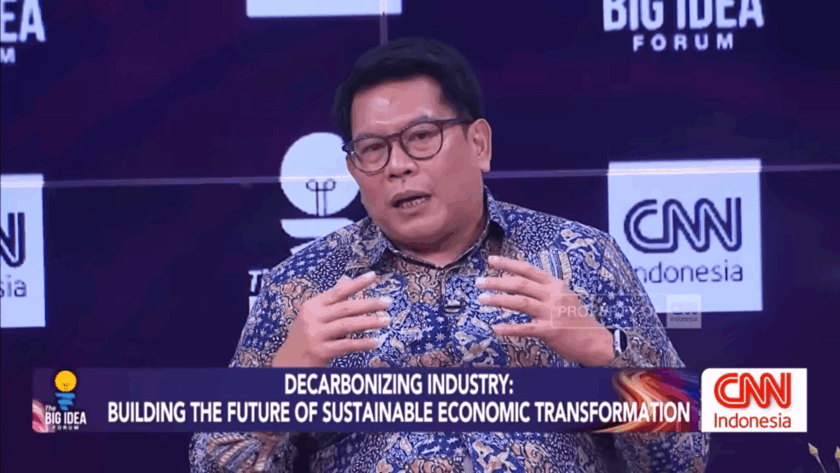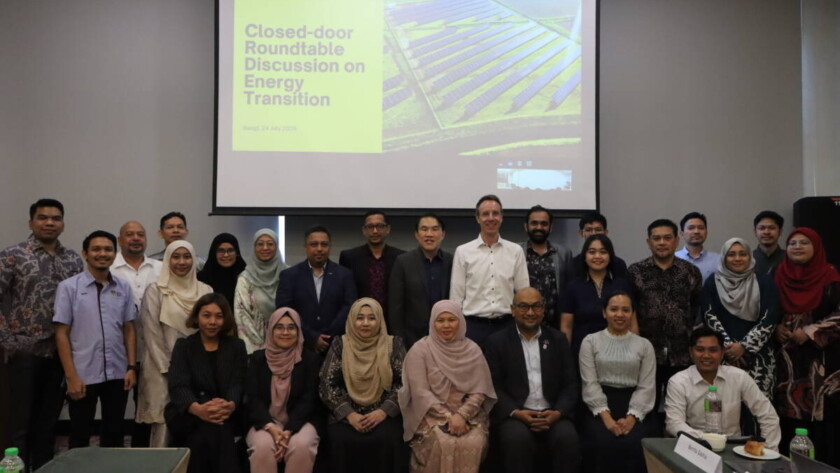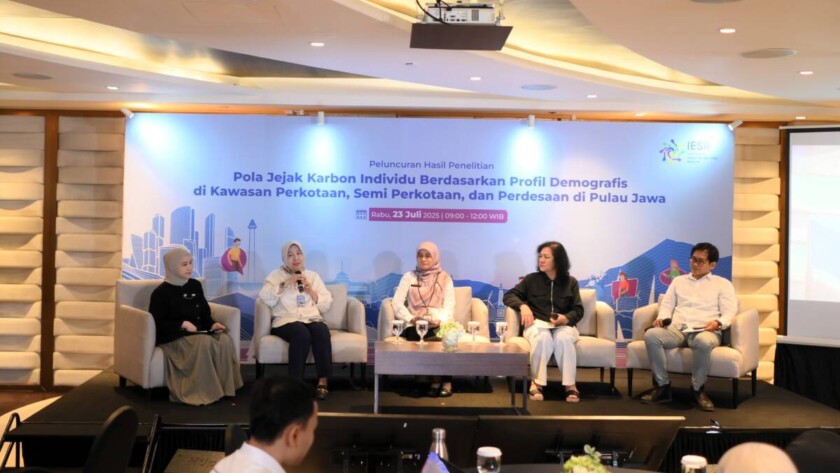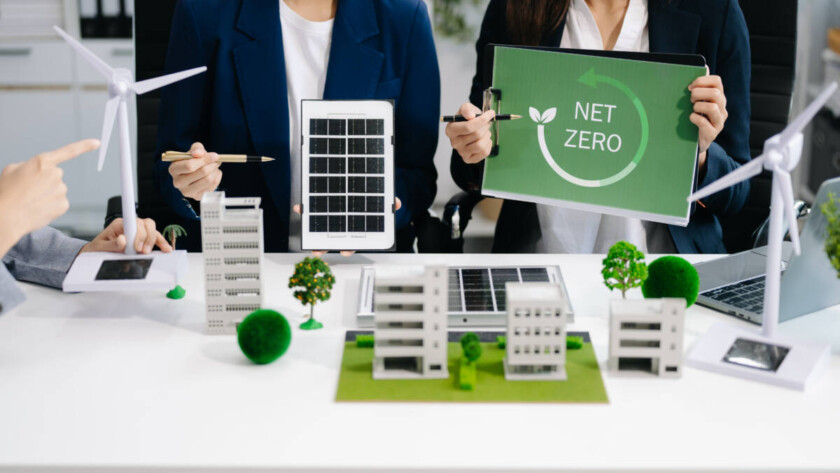Denpasar, August 27, 2025 - Under the warm sunshine, the Institute for Essential Service Reform (IESR) and the Bali Provincial Government simultaneously inaugurated the installation of Solar Power Plants (PLTS) in three villages on Wednesday (August 27th) with a total capacity of 15.37 kWp. The installations are located in Banjarasem Village, Buleleng Regency; Baturinggit Village,…
